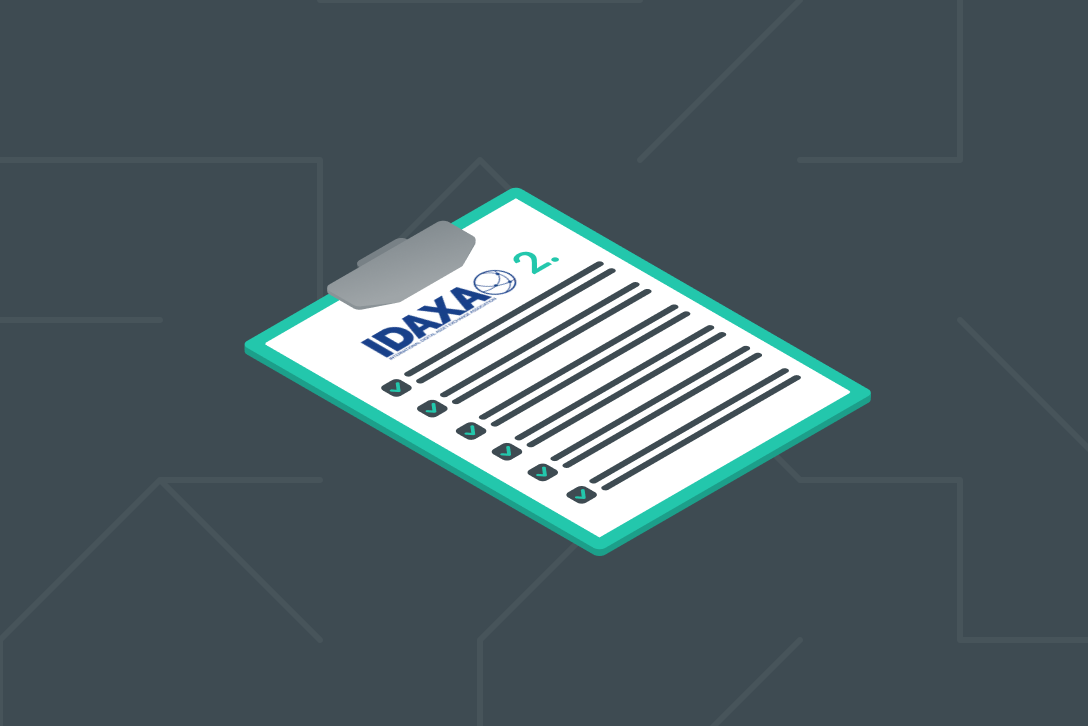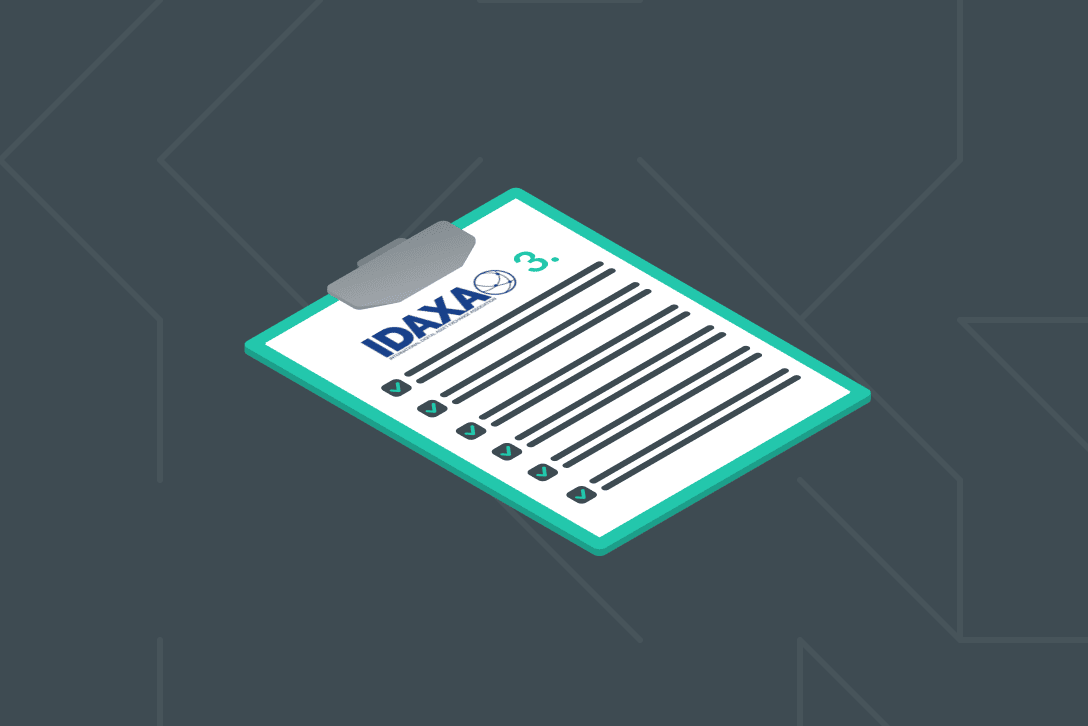
IDAXA’s Travel Rule Implementation Recommendations
Established in June 2019, the International Digital Asset Exchange Association, more commonly known as IDAXA, has teamed up with various bodies in the cryptosphere to form a united voice. The goal of IDAXA is to enable growth within the industry while encouraging dialogue between the Blockchain and Crypto Trade Associations, members thereof, industry stakeholders, and regulators to find solutions for Financial Action Task Force’s (FATF’s) Travel Rule compliance.
In their most recent paper FATF Submissions 2022, IDAXA has compiled the private sector's views on the Travel Rule, NFTs and Decentralised Finance (DeFi), as well as their recommendations to improve the regulatory landscape. We broke the main ideas down below:
Firstly, It should be noted that until now, the FATF’s Recommendation 16, the Travel Rule, has been implemented with inconsistency. Some jurisdictions, such as Switzerland, have successfully and timeously implemented the Travel Rule, whereas other countries have been slow on the rollout process. According to IDAXA, one of the main reasons is that there isn’t a globally consistent time frame and no meaningful enforcement, which leaves virtual asset service providers (VASPs) with minimal incentive to comply.
IDAXA recommends that positive incentives should be applied to abiding countries. These incentives include more lenient treatment for early adopters and negative consequences for countries that are dragging their feet, e.g. blocking flows between jurisdictions that do not comply.
IDAXA further believes that if these steps are followed, they can shorten the “sunrise period”.
Moreover, industries would greatly benefit from additional or further guidance on how to handle exception cases, for example, funds received from a non-compliant VASP - how should these funds be handled, should they be returned?
IDAXA’s Travel Rule Implementation Recommendations
Recommendations to the FATF
After considering the progress of the Travel Rule, the Working Group put together a list of recommendations that they believe would assist the implementation process. The biggest takeaway from this list is a clear need for consistency in the rollout process and support from the FATF.
Consistency in the Rollout Process
Congruence with regulations. There needs to be fewer differences between jurisdictions. A standard needs to be applied to all jurisdictions for VASPs to work together globally.
Consistent global rollout with clear dates, regulations and enforcement thereof.
Alignment of allowed customer groups.
Consistent global incentives. Early adopters should receive favourable treatment, for example, more flexibility.
Consistent global consequences for non-compliance. In severe instances, this could include fines.
Support from the FATF
Active support in industry working groups from FATF, which includes regular collaboration from the FATF and round table meetings.
Practical education, training, case studies, and guidelines to be provided by the FATF.
Support and promotion of open standards, which will help keep costs down.
Registry from FATF of available compliant solutions. The registry could also include a list of licensed companies.
For a detailed list of the above-mentioned points, please refer to the IDAXA FATF Submissions 2022, page 16. This joint effort helps bring the industry closer to regulators, which is key for a comprehensive yet practical regulatory landscape.


